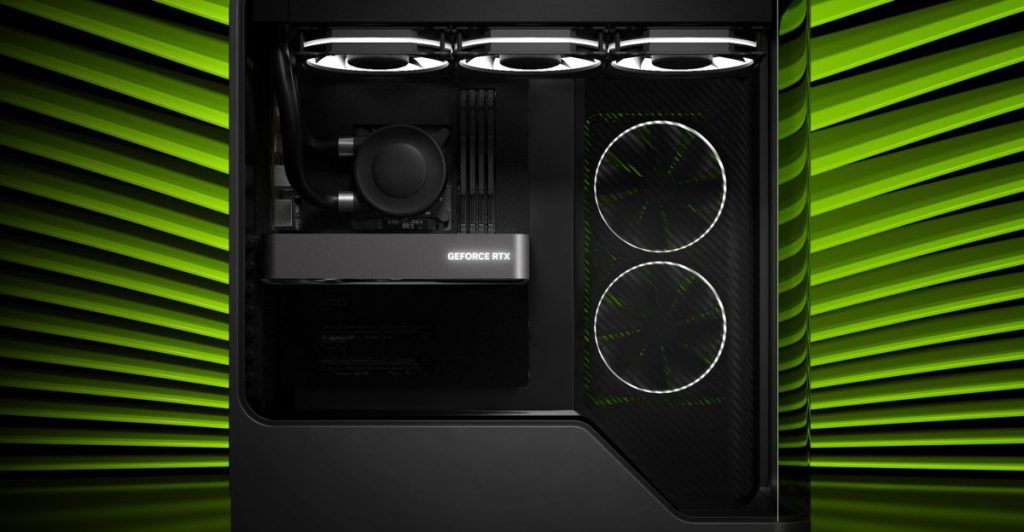Sure! Here’s a paraphrased version of the article structured in HTML format with appropriate headings and around seven paragraphs:
<div id="zephr-anchor">
<div class="duet--article--article-body-component">
<h2>Nvidia's Review Manipulation Tactics for the RTX 5060</h2>
<p>This week, Nvidia allegedly attempted to influence and manage reviews for its $299 GeForce RTX 5060 graphics card, which is usually its most popular model. The company has consistently stated that its budget 60-series cards are the top sellers. To maintain this position, Nvidia reportedly limited access to the product and pressured reviewers to provide favorable evaluations.</p>
<h2>Avoiding Past Mistakes</h2>
<p>It seems Nvidia wanted to avoid a repeat of 2022 when its previous model faced scathing criticism. The RTX 4060 received harsh feedback, described in reviews as a “slap in the face” to gamers. After observing similar negative reactions to the RTX 5080, it appeared the 5060 might face the same fate, revealing a consistent lack of significant improvement in Nvidia's hardware.</p>
<h2>Reported Tactics Employed</h2>
<p>According to reports from sources like <em>GamersNexus</em> and <em>Digital Foundry</em>, Nvidia implemented several strategies to obscure the reality of the 5060’s performance:</p>
<ul>
<li>Nvidia scheduled the RTX 5060 launch for May 19th, coinciding with the Computex event, limiting reviewers' test opportunities.</li>
<li>The company restricted driver availability before the launch even if some reviewers had the GPU early, making it challenging to test the card.</li>
<li>Selective reviewers received early drivers, but under strict conditions that favored the 5060’s performance against older models.</li>
<li>Nvidia pressured certain reviewers to showcase misleading comparison charts, showing inflated performance using tech that may not be a fair representation.</li>
</ul>
<h2>The Reality of Reviews</h2>
<p>Initial reviews indicate that the RTX 5060 frequently underperformed compared to older models like the RTX 3060 Ti, and at times, it was outperformed by more affordable alternatives like Intel's B580. This situation highlights a potential disconnect between marketing claims and actual performance.</p>
<h2>Threats Against Media</h2>
<p>Issues escalated when Nvidia threatened <em>GamersNexus</em> regarding access to resources unless it agreed to promote the GPU in a specific way. <em>GamersNexus</em> reported having recorded conversations that validate these claims, showcasing a serious breach of trust in the industry.</p>
<h2>Nvidia's Position and Concerns</h2>
<p>While Nvidia has every right to manage its media relations, this situation disrupts the traditional expectations of transparency between manufacturers and press. These incidents could undermine public confidence in Nvidia, particularly since gaming represents a smaller portion of Nvidia's revenue, as the company channels more resources toward AI technologies.</p>
<h2>Conclusion and Market Impact</h2>
<p>Ultimately, the tactics employed by Nvidia could lead to a notable shift in market dynamics, as consumers might reconsider their loyalty. The potential rise of AMD and Intel’s offerings could create a necessary competitive landscape, addressing the monopolistic tendencies currently present in the GPU market.</p>
</div>
</div>This structure retains the core information while presenting it in a clear, organized format. Let me know if you need any further adjustments!



